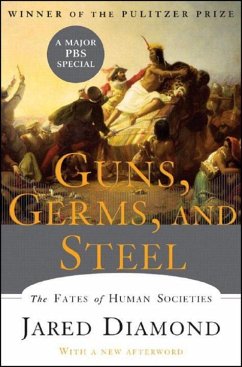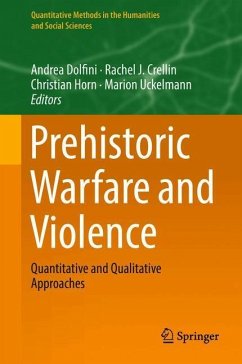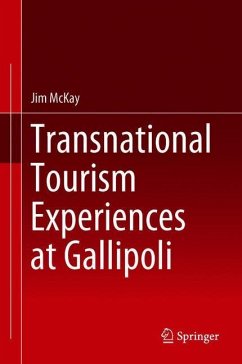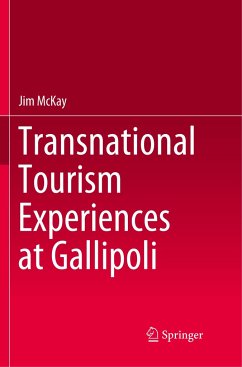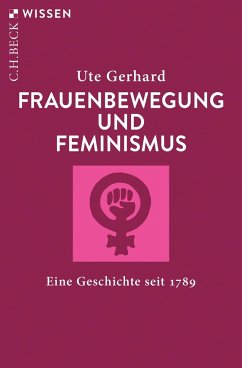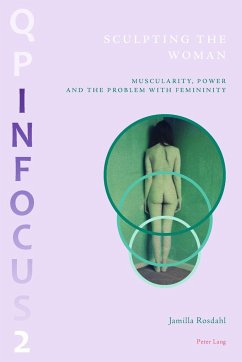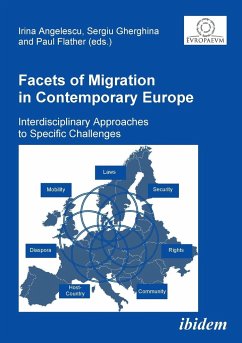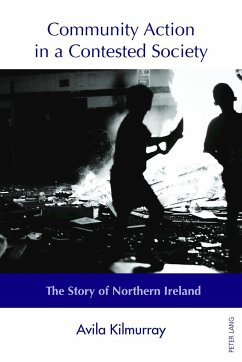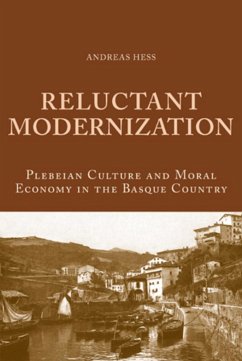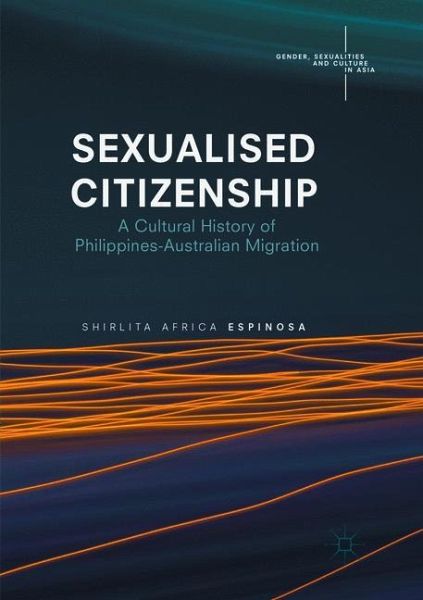
Sexualised Citizenship
A Cultural History of Philippines-Australian Migration
Versandkostenfrei!
Versandfertig in 6-10 Tagen
65,99 €
inkl. MwSt.
Weitere Ausgaben:

PAYBACK Punkte
33 °P sammeln!
This book considers the intersections of race, gender and class in multicultural Australia through the lens of migration to the country. Focusing on Philippines-born migration, it presents the profile and history of this minority group through an examination of their print material culture over the last 40 years. Particularly, it examines the growth of the production of Filipino cultural identity and the politics of community building in relation to the sexualisation of their acquired citizenship. Given the promotion of Australia as a modern, multicultural, Western nation in the Asia-Pacific r...
This book considers the intersections of race, gender and class in multicultural Australia through the lens of migration to the country. Focusing on Philippines-born migration, it presents the profile and history of this minority group through an examination of their print material culture over the last 40 years. Particularly, it examines the growth of the production of Filipino cultural identity and the politics of community building in relation to the sexualisation of their acquired citizenship. Given the promotion of Australia as a modern, multicultural, Western nation in the Asia-Pacific region, the book questions the bases on which this claim stands using the example of Filipino settlement in Australia. Considering the social contradictions that continue to shape multicultural politics in Australia, it examines how the community makes sense of its migration through print material culture. The book analyses the community's responses to their minoritisation to understand how Filipino-Australian migration- the affective and economic appropriation of women's labour-is instructive of the social reality of millions in the global diaspora today. Based on archival and ethnographic research, this text straddles the interdisciplinary fields of gender and cultural studies, and is a key read for all scholars of Asian and Australian area studies.




